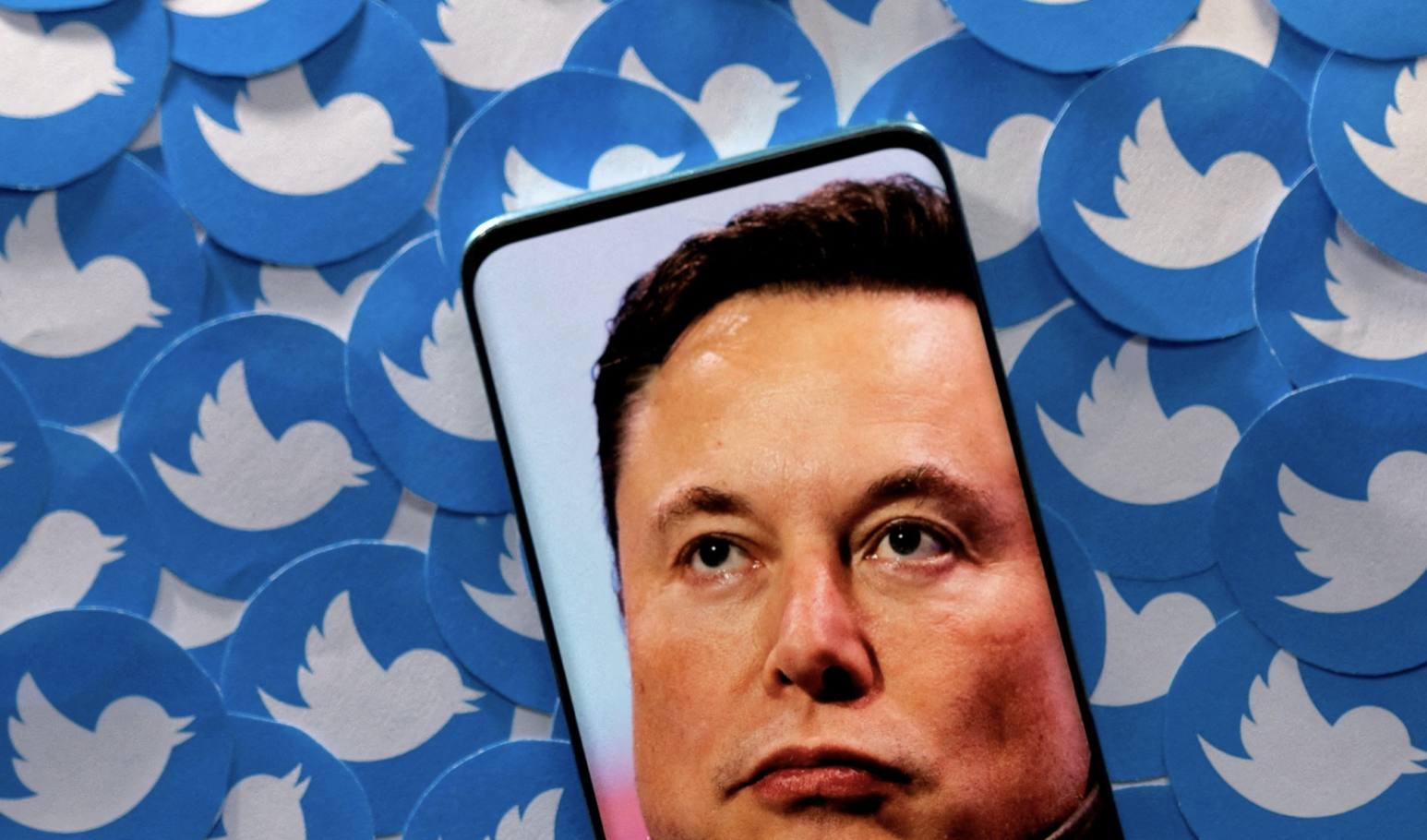Kerby Anderson
Rich Lowry proclaims that “Safety is the Worst Word in the English Language.” You might think that statement and commentary are strange unless you have been paying attention to the release of the “Twitter Files.” Safety has been used as a justification for the censoring of Twitter posts and the de-platforming of certain people who post tweets that some of the leadership at Twitter considered harmful or unsafe.
He is not the only person to focus on the misuse of the word safety. In previous commentaries, I quoted Jonathan Haidt, who was on my radio program to talk about his book, The Coddling of the American Mind. One of the key points in his book was the “Untruth of Fragility: What Doesn’t Kill You Makes You Weaker.”
He argues in the book that the younger generation has been protected by a culture that promotes “safetyism.” It has become a cult of safety that is obsessed with eliminating threats (whether real or imagined) to the point where fragility becomes expected and routine.
Concerns about safety morphed from a desire to protect bicycle riders with helmets to protecting students and the public from harmful ideas. Professors issued “trigger warnings” to “show students that you care about their safety.” The former Global Head of Trust & Safety at Twitter used concerns about safety to protect readers from encountering offensive speech.
Rich Lowry adds one more ingredient to this toxic mix. The 2016 election of Donald Trump was supposedly won because of misinformation. Once you considered that a threat, the “license to censor became broad and far-reaching.” That’s why Rich Lowry says safety has become the worse word in the English language. 
 Listen Online
Listen Online Watch Online
Watch Online Find a Station in Your Area
Find a Station in Your Area











 Listen Now
Listen Now Watch Online
Watch Online
